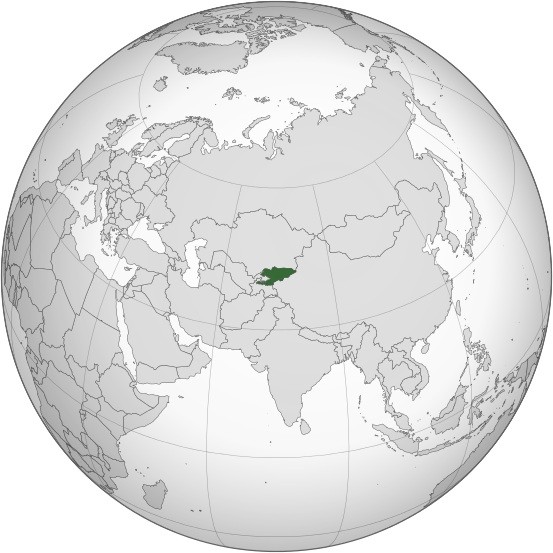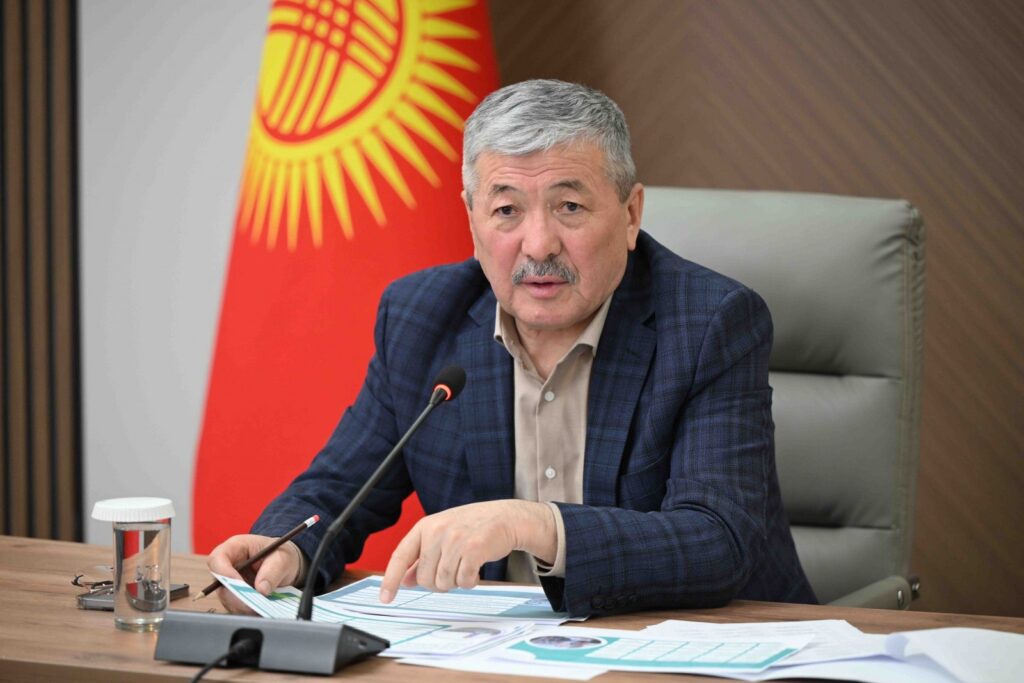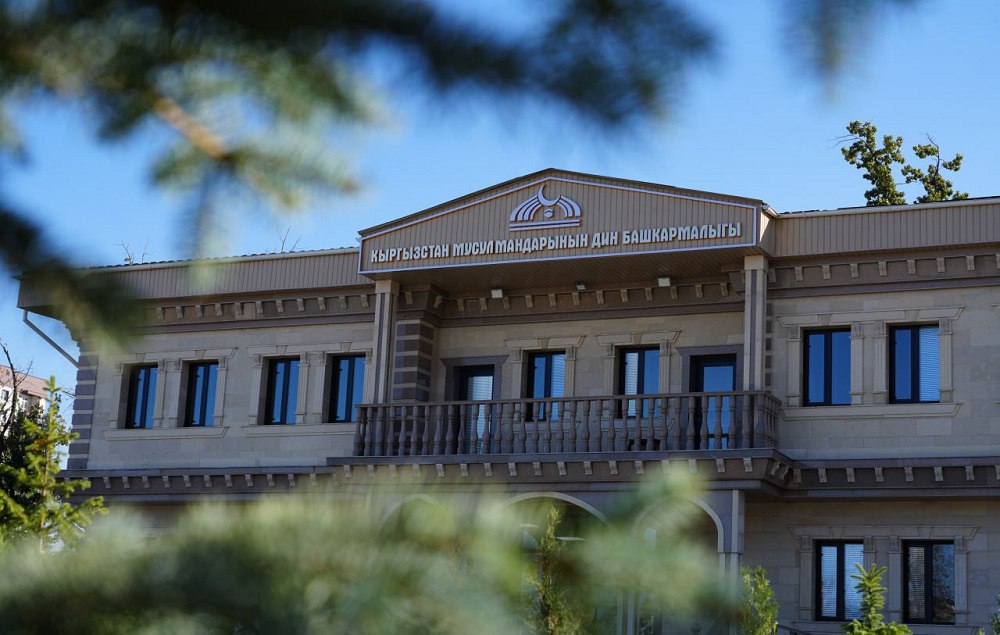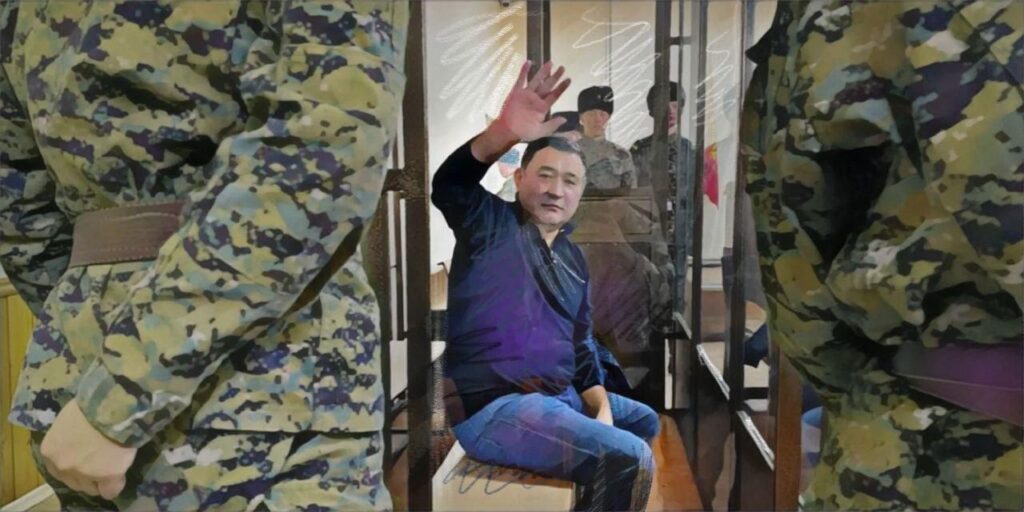BISHKEK (TCA) — Foreign direct investments amounted to $818.8 million in 2015 in Kyrgyzstan, 12.6% more than in 2014, Prime Minister of Kyrgyzstan Temir Sariyev said on March 31. Of this amount, $120 million was received due to tenders for development of two major gold fields, Jerooy and Terekkan-Perevalnoye.
In 2015 the world economy crisis affected the economies of developing and transition countries. The Eurasian Economic Union (EEU) member countries also saw an economic decline. Against this background, the economic growth (3.5%) in Kyrgyzstan was the highest among the EEU countries, and inflation was the lowest (3.4%), Sariyev said.
The Prime Minister suggested several principles of attracting investments, including provision of investment safety and protection of property rights. He advised to improve the legislation so that the authorities intervene in major investment projects by a court decision only.
Security and stability
The economic development and investment growth depend not only on the willingness and capacity of the state and business but also on the social and political situation in the country. Any turmoil significantly worsens the investment image of Kyrgyzstan, Sariyev stressed.
Local politicians often repeat that “money loves silence,” and that investors will never put their money in a country with political instability. However, every spring the opposition in Kyrgyzstan is trying to “rock the boat” by organizing protests in the country.
According to the Constitution, Kyrgyzstan’s citizens have the right to participate in peaceful rallies. But even if they are peaceful, photos and videos are soon spread on the Internet all over the world and cautious investors may prefer not to invest in Kyrgyzstan.
The Second Investment Forum “Silk Road-2016” planned for March 19 in Bishkek was postponed because companies from the European Union, Israel, the Middle East and Russia had decided not to visit Kyrgyzstan for the reason of their safety in connection with the opposition’s increased activity.
According to experts, the instability of the institutional environment, often deliberately worsened by some political forces, is an even larger obstacle to foreign investment than corruption.
“Investors are mainly concerned with the country risks when making decisions to enter the market,” International Business Council (IBC) Executive Director Temirbek Azhykulov said at a press conference in Bishkek.
The investment climate surveys the IBC has been conducting for fifteen years show that investors’ confidence in Kyrgyzstan had drastically reduced after the changes of power in 2005 and 2010.
“In our survey conducted in the autumn 2005, 55% of respondents said that the investment climate in the country had become even worse than it had been immediately after the Tulip Revolution in March of 2005. There was a large and sustained decline in investment and the recession lasted until July 2007. A similar decline was after the revolution of 2010. Several companies with foreign capital left our market. The presence of such companies in Kyrgyzstan not only provided additional jobs and tax revenues but also promoted the country’s investment image in the world market. When companies leave the country, its image is badly deteriorating,” the IBC Director concluded.
When making decisions, investors have to forecast the economic situation in the country, Ruslan Akmatbek, Executive Director of the Association of Young Entrepreneurs of Kyrgyzstan, said. “The Government urges domestic investors to invest in the regions. But business wants to be sure in the safety of their capital there.” Political unrest and rallies have a negative impact on the business activity.
Corruption, the lack of governmental transparency, and unpredictable legal and regulatory environment are key constraints to business in Kyrgyzstan, says the survey “Investment Climate in Kyrgyz Republic – Views of Foreign Investors,” conducted by IFC, a member of the World Bank Group.
While it is easy to enter the Kyrgyz market and register a company, operating a business and doing it effectively is much less so. A transparent and predictable legal environment is critical to encouraging investment, and the Kyrgyz government should continue to simplify and streamline regulations, specifically in the areas of permits and licensing, the IFC report said.
Investors are ready to work without any preferences, provided that the legal and operational environment is clear, predictable and transparent. About 40% of the surveyed investors believed that there was some discrimination against foreign investors compared to local. They also feared possible unjust expropriation and confiscation of their assets in the country.
Kyrgyzstan is now preparing for the summer tourist season, and the Second World Nomad Games will be the major event. However, rallies and pickets can negate all the efforts of the Games’ organizers, and as a result not only the state budget may suffer losses but also the population of the resort regions for whom serving of tourists is the main source of income.
Kyrgyzstan’s instability has already scared off investors. The business community has called on society and decision-makers to be reasonable and think about possible consequences of their actions.









